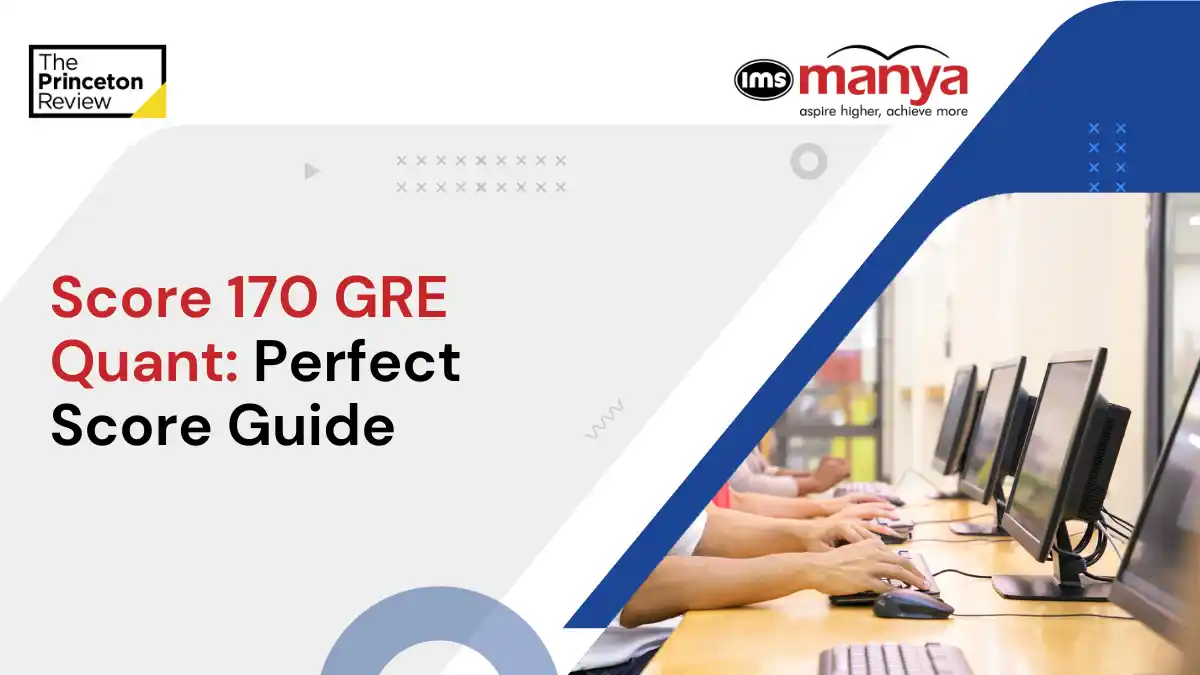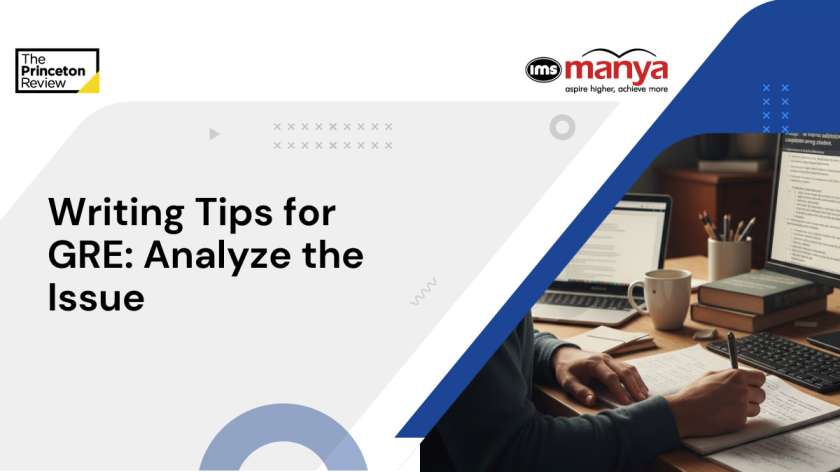
Mastering GRE Text Completion: Essential Tips for Succe...
The GRE text completion section is an integral part of the Verbal Reasoning component on the GRE Gen...

GMAT Exam Pattern 2025: Section-Wise Format, Time Limit...
The GMAT exam pattern is designed to evaluate the core skills essential for success in top business ...

How to Send SAT Scores to Colleges
How to Send SAT Scores to Colleges: Applying to top US universities, such as Harvard, Stanford, or Y...

IB Science Curriculum Overview 2025
International Baccalaureate (IB) Science has been developed to stoke the spirit of investigation, re...

How to Score a Perfect 170 in GRE Quant Section
The Graduate Record Examination (GRE) is a standardised test taken by prospective graduate and busin...

GMAT Anxiety Affecting Your Score? Real Tips from Real ...
“I don’t know what happened, but I lost focus, and I couldn’t think.” This is a nightmare si...

Essential SAT Writing Tips for High Scores
Are you facing challenges with the SAT writing portion? Don\'t worry, we will guide you with some SA...

Is The GRE Exam Still Important for Graduate Studies?
Why GRE exam is required for Graduate Studies: As graduate admissions continue to evolve, students a...

Important Things You Should Know About SAT Exam
The SAT exam is a standardized test required by many universities for undergraduate admissions, espe...

GRE Practice Test: Analytical Writing Sample Essays
GRE, or the Graduate Record Examination, is a standardised test meant for admissions to master�...

Best GRE Study Material 2025: Free GRE Prep Books
The GRE is a highly competitive exam administered by ETS for students aspiring to pursue MS, MBA, or...

GMAT Focus Edition Preparation 2025
Preparing for the GMAT Focus Edition is a crucial step for anyone seeking admission to a top busines...

GMAT Sample Questions Papers 2025: Exam Pattern, Questi...
The GMAT (Graduate Management Admission Test) is a pivotal milestone for anyone eager to enter top b...

5 Tips to Improve Your SAT Reading Score
5 Tips to Improve Your SAT Reading Score: The SAT Reading section can be one of the most challenging...

Can You Use CAT Preparation for GMAT Exam?
“Is CAT prep enough for GMAT?” If you are a CAT aspirant, you may have found yourself asking thi...



